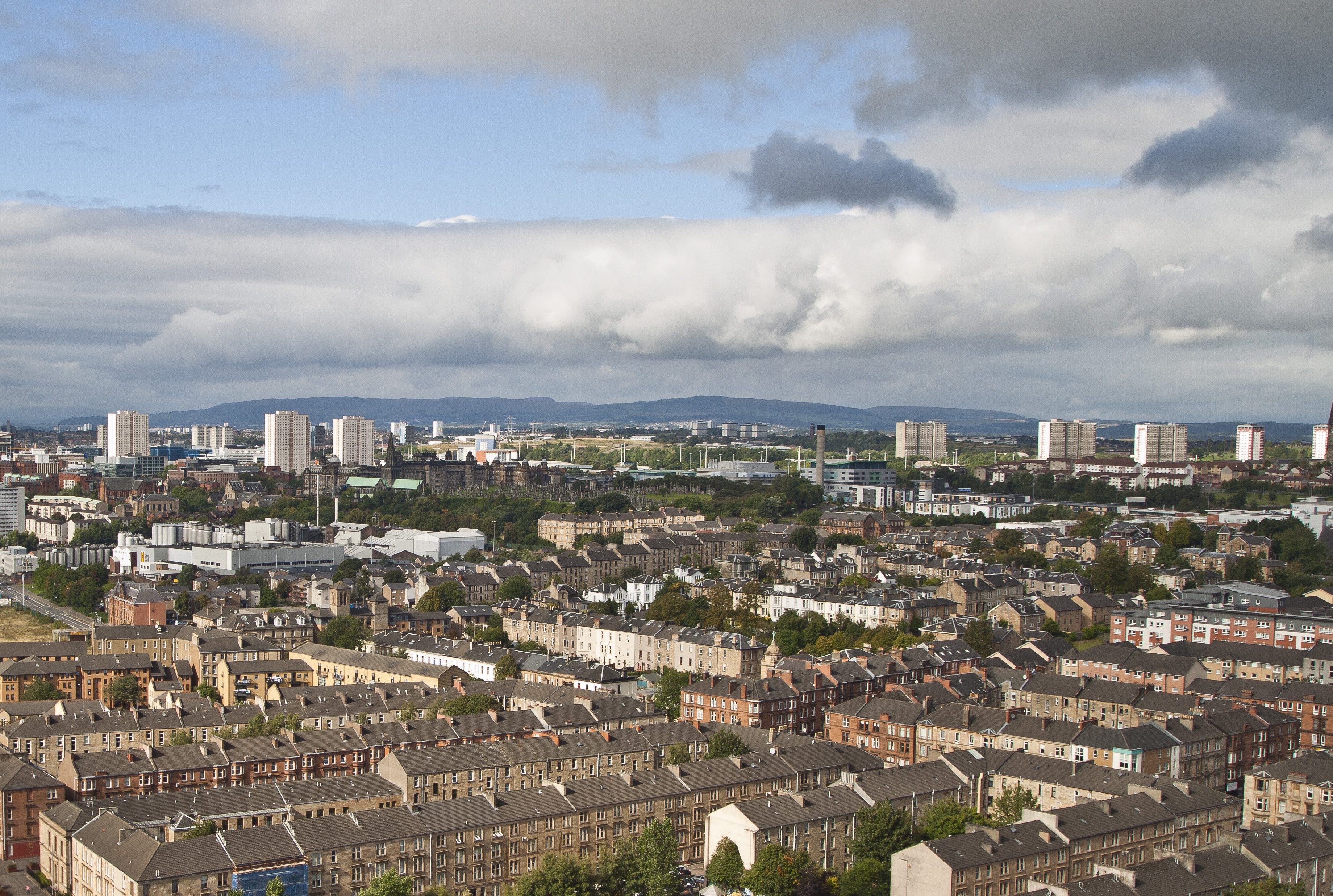
There is a broad consensus – not just on the left, but across the population – that rent controls are a good idea. And it’s no surprise: people can see the housing crisis unfolding around them, and they understand the market is simply not able to deliver affordable, high-quality housing.
Rent controls don’t have to be radical, or even that progressive. That’s why they’re common across Europe, and even right-wing governments like Germany’s have been at ease with strengthening them.
But they should be radical. And so should the campaigns we build for them. Here are four key points about the kind of rent controls we should fight for, and how it is we should fight for them.
1. They need to work.
Obviously, right? But this is important. As we’ve seen in Scotland, once landlords lose the argument on rent controls, they’ll try instead to sabotage them by making them unworkable and useless. This means we need to get our head around the details – proposals for which have just been published by Living Rent, Scotland’s Tenants’ Union.
Crucially, the implementation of rent controls needs to be easy, and not bogged down by bureaucracy. They can’t be riddled with loopholes and exemptions. They need to benefit all tenants, and force up the quality of housing.
Moreover, rent controls need to do more than just make rent increases ‘predictable’. For them to really help tenants, the goal has to be affordability. Rents are already too high, and we need to start by bringing them down. This means they also have to be a part of a package of improvements in tenants’ rights – greater protections from eviction, and greater penalties for landlords who flout the law.
2. They need to shift the balance of power.
But rent controls can’t just be about making housing a bit cheaper and a bit better. For decades, tenants have suffered not just sky-high rents and slum-like conditions, but also the indignity of a housing model that takes the landlord’s side at almost every opportunity. This means it’s too easy for landlords to abuse tenants both legally and illegally.
Tenants know what picking a fight with their landlord can mean: deposit deductions, rent hikes, harassment and intimidation, and illegal evictions. It’s for this reason the explosion in tenant activism across the UK over the last few years is all the more remarkable: people are doing it in the face of landlords who think they’re untouchable – and act like it.
There’s no substitute for strong and active tenants’ unions, but even with them rent controls are an opportunity to shift the balance of power. If done right, they could turn the whole housing system upside down. Rent controls would be a tool to fight back – and we sure have a fight on our hands.
3. We can’t be afraid of the sector shrinking.
Mention rent controls and landlords will shriek and wail about how much of a disaster they’ll be. They tell us they’ll mean landlords selling up and leaving the sector. All the evidence suggests that’s nonsense – and that landlords are making more than enough money to absorb the cost of smaller rental incomes. But at some point, when we make landlordism unviable as a business model, then they will start leaving. And we should welcome that.
The number of people renting privately – and the number of landlords – has exploded since Margaret Thatcher deregulated the sector in the 1980s. It’s clearly been a disaster, but it’s worth interrogating why it’s happened. Landlords paint a picture of people freely choosing to rent from a range of options, all of which are equally available to them. This is bullshit. The sector has grown for three reasons: wages have collapsed and house prices have gone through the roof, meaning nobody can afford to buy anymore. Social housing has also been decimated – both through right-to-buy and massive demolition projects. And buy-to-let mortgages have grown in a way unparalleled elsewhere in Europe.
The growth in the private rented sector has been devastating, and if rent controls meant it started to shrink, then that’s a good thing.
4. We can’t be distracted by the ‘supply’ argument.
You’ve heard it before: the only problem with housing is that there’s not enough, and we just need to build more. Rent controls would stop that from happening, so they’d be bad for tenants. There’s a reason the supply argument is pushed so hard by developers and landlords – it’s an opportunity for them to make huge amounts of money. They love the supply argument because it ignores all the questions of power, control and regulation. They know if we simply build more flats, without changing any of the patterns of ownership or usage, it will mean a huge windfall for them.
We shouldn’t necessarily oppose new builds, but it’s far from the silver bullet it’s made out to be. And more than anything else, it would be extremely expensive and slow – and tenants need answers now. Rent controls are a solution that would cost nothing (and, in fact, could save the public purse tens of millions) and, crucially, could be implemented near-enough overnight.
–
With the private rented sector growing at such an astronomical rate, it’s hard to imagine stronger housing regulations not coming in across the UK. But will these be ineffective, halfway measures that curb only the most extreme excesses of high rents? Or will they be the transformative policies tenants so desperately need, turning the tide on 40 years of Thatcherism in housing, and giving tenants and tenants’ unions the tools to organise and fight back? It’s up to us to decide.